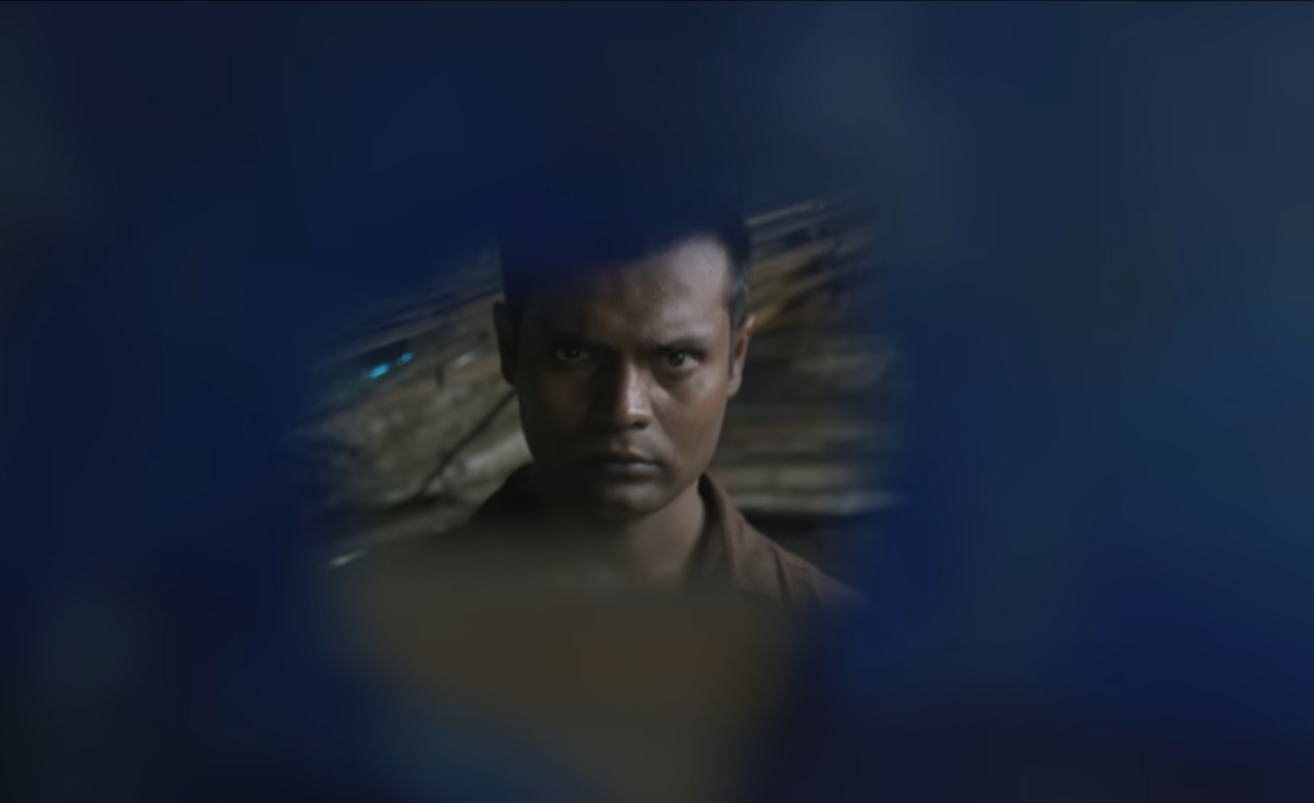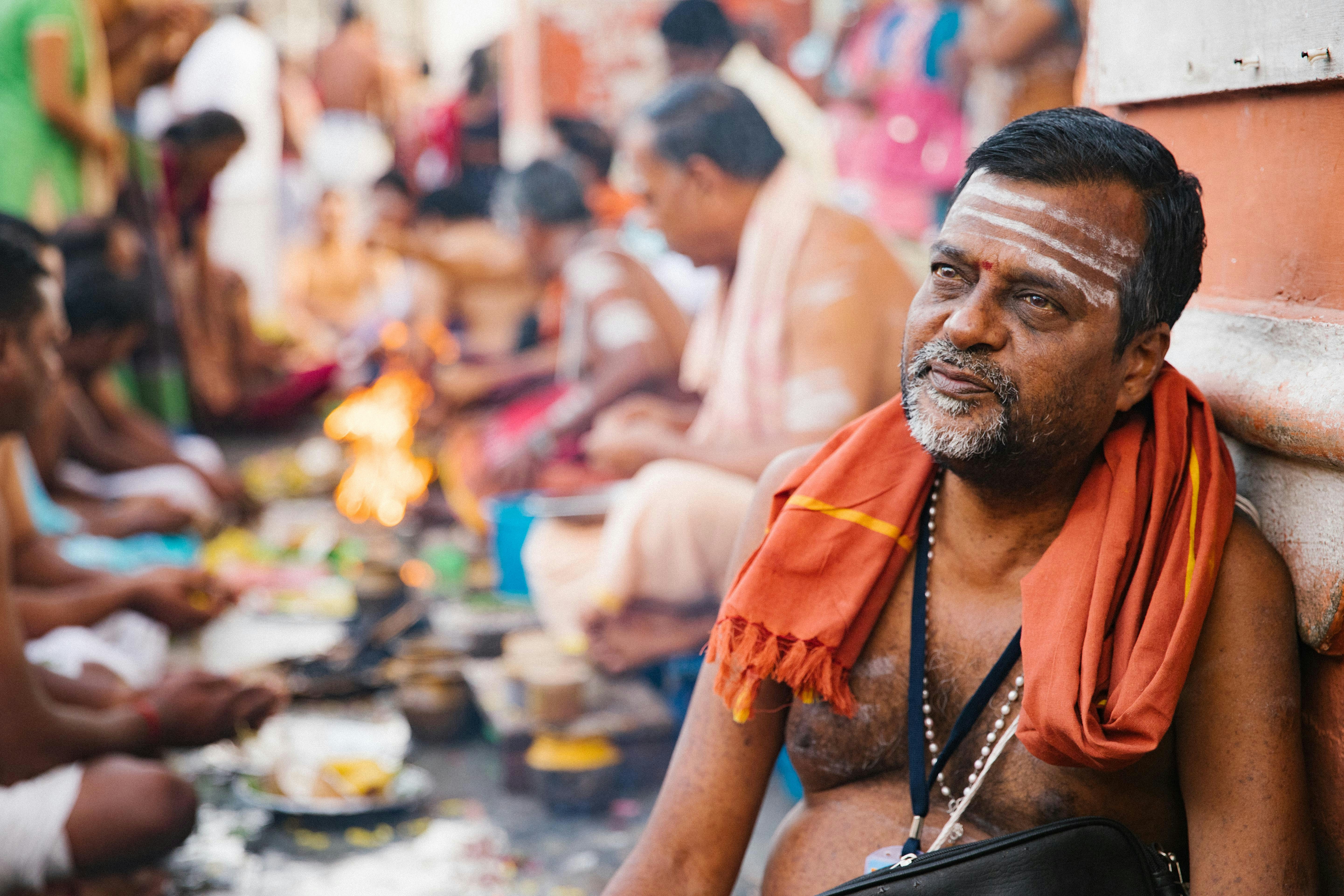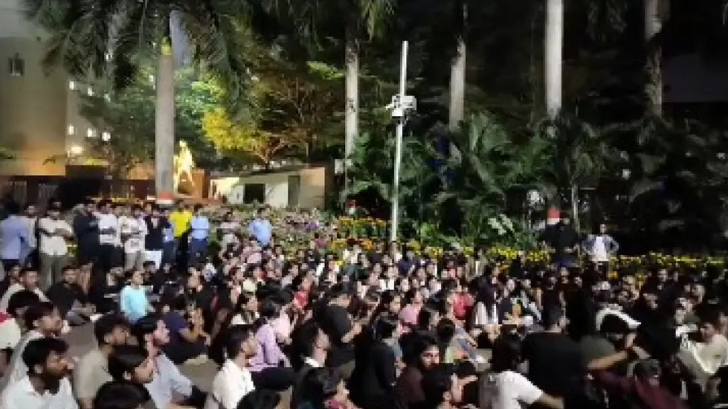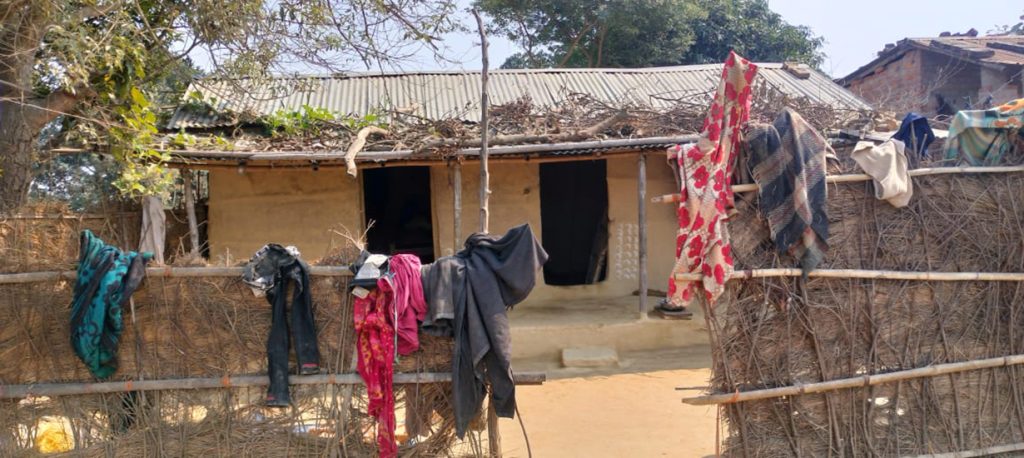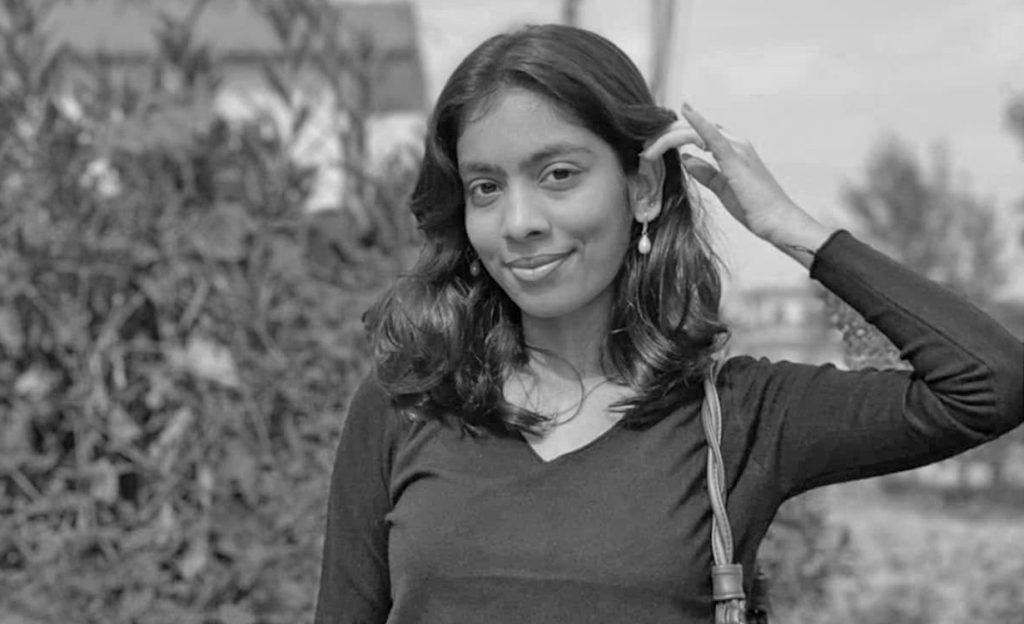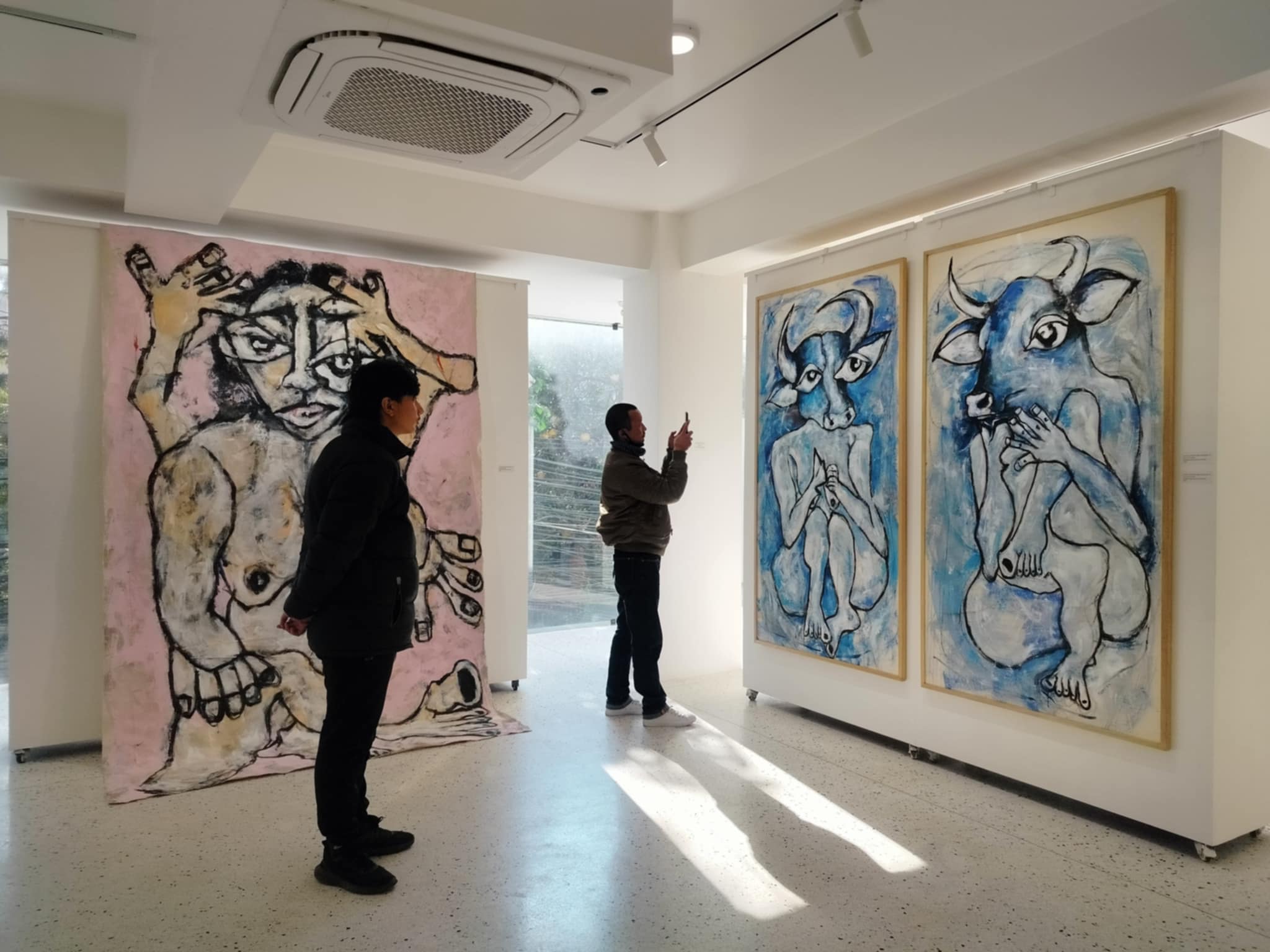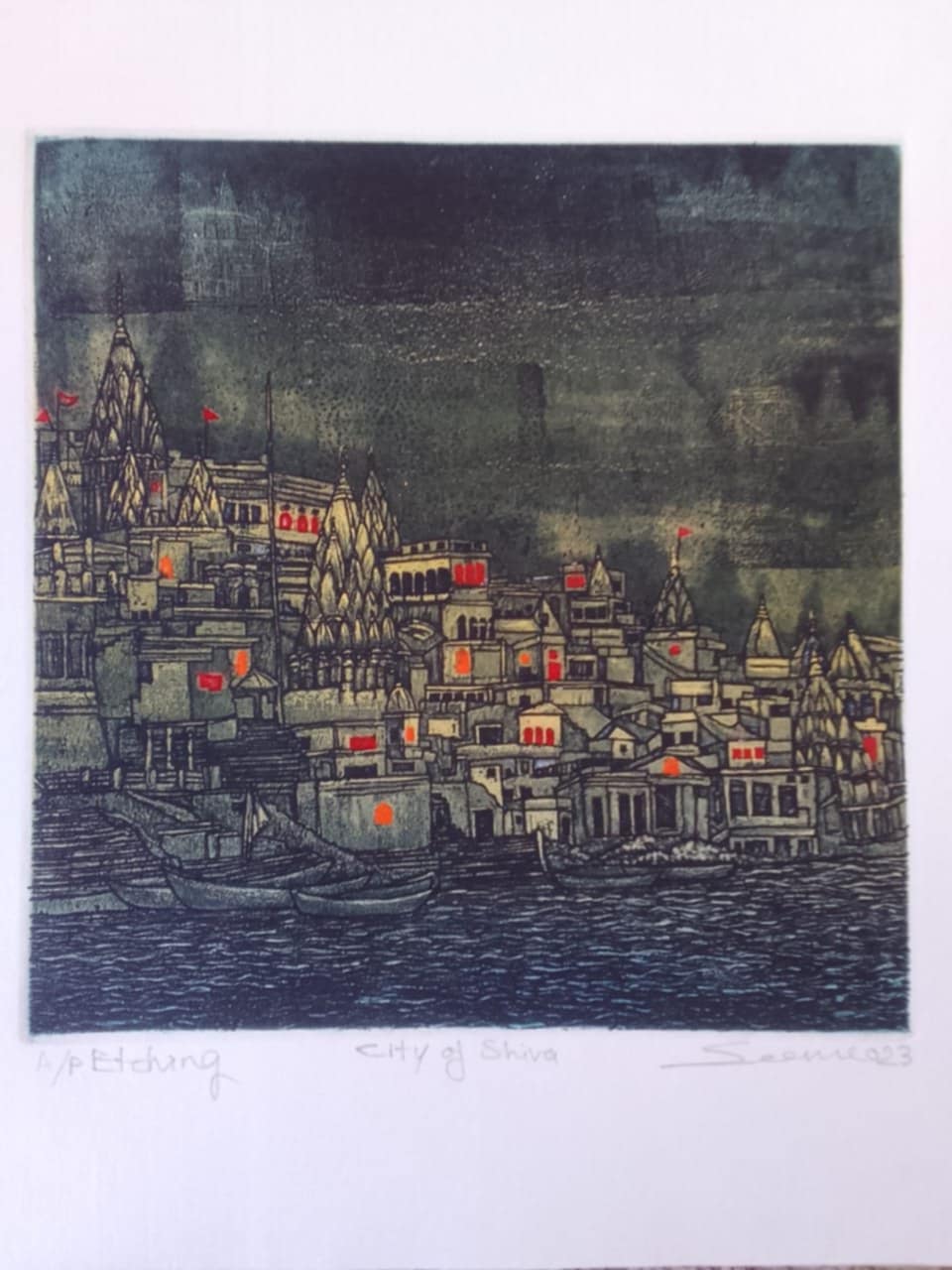
UTV Motion Pictures
Over the years director Ashutosh Gowariker has been re-telling history through his movies with a sort of urgency that historical texts almost always fail to narrate. At the heart of these epics have been his heroes, and the grandness of his setting gives him the advantage to send his protagonists on adventures on an equally big scale.
In his latest epic Mohenjo Daro, set sometime during the Indus valley civilisation, a crumbling city finds its saviour in a spirited orphan. This realisation of the calling comes early for Sarman, the chosen one (Hrithik Roshan). And although the movie’s title may suggest a retelling of a tale of antiquity, it would be safe to say that Mohenjo Daro is mainly about its hero than anything else.
“The familiar life horizon has been outgrown; the old concepts, ideals, and emotional patterns no longer fit; the time for the passing of a threshold is at hand,” wrote Joseph Campbell in The Heroes with a Thousand Faces about the call of adventure heroes answer to.
In that sense, Mohenjo Daro’s Sarman is essentially the same as Lagaan’s Bhuvan or even Dorothy from The Wizard of Oz or Luke Skywalker from Star Wars in their collective act of giving into the seduction of an inevitable higher calling. These heroes only find distinction in their proceedings which again are merely a vehicle for their transformation.
Thankfully, to the movie’s advantage, Hrithik Roshan has aced the archetype of Joseph Campbell’s heroes before even though the movie is clearly caught in its own grandiosity to give the hero any scope of genuine emotional involvement. Moreover, staying unnecessarily true (for one, the unicorn as Campbell’s “figure that appears suddenly as guide”) to this very archetype overall makes the movie a derivative fare, especially when the only distinction it finds is in its setting.

Looking at the civilisation’s most recognised piece of archaeological finding… filled with life is one of the highlights of Mohenjo Daro.
The setting, of the Indus valley civilisation, itself is one of the greatest mysteries of history. For once, forget the seeming discrepancies of the archaeological findings and the proceedings of the movie.
As far as getting the mood of the period right, the movie succeeds. This is not to say that there are no liberties that are taken. It’s only that they should not matter, especially after the disclaimer on the movie only being loosely based in history in the beginning.
Looking at the civilisation’s most recognised piece of archaeological finding ,‘the Great Bath’, filled with life is one of the highlights of Mohenjo Daro, unlike the interim thrills of many battles the hero undertake in his path to victory.
The movie uses the setting beautifully to host a sort of animistic ritual as Roshan, in display of his true skills, dances to AR Rahman’s composition. The actor’s skills and the movie’s music, antiquity and the pull of the medium coalesces beautifully only for that short while.
But like any ‘big’ movies, what you take from Mohenjo Daro rests largely on its final 30 minutes. Is all well when it ends well? The fair answer in this case would be a ‘no’.
***
Read also
‘Suntali lai Bhagai Lagyo Jhilkeley’ movie review: Unwilling to let go of past




